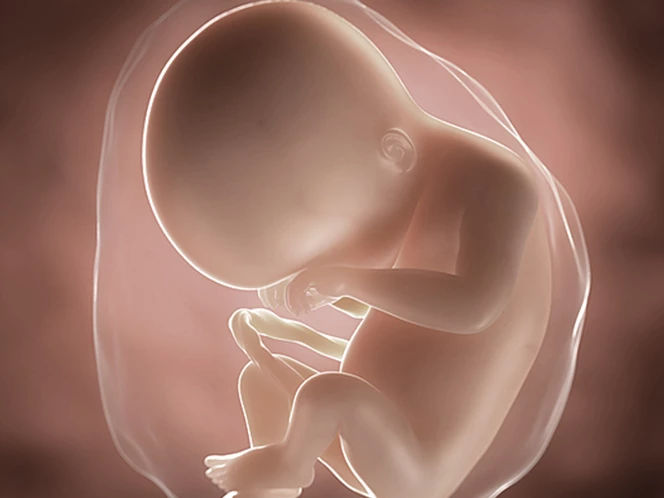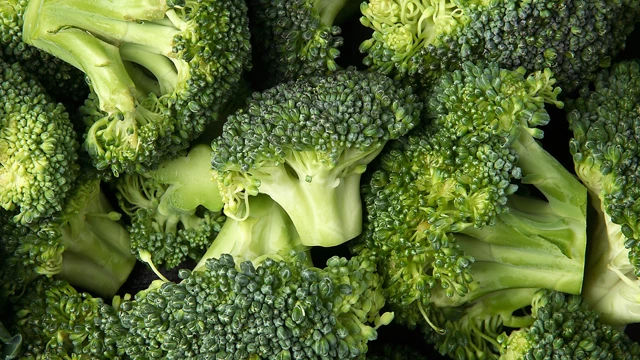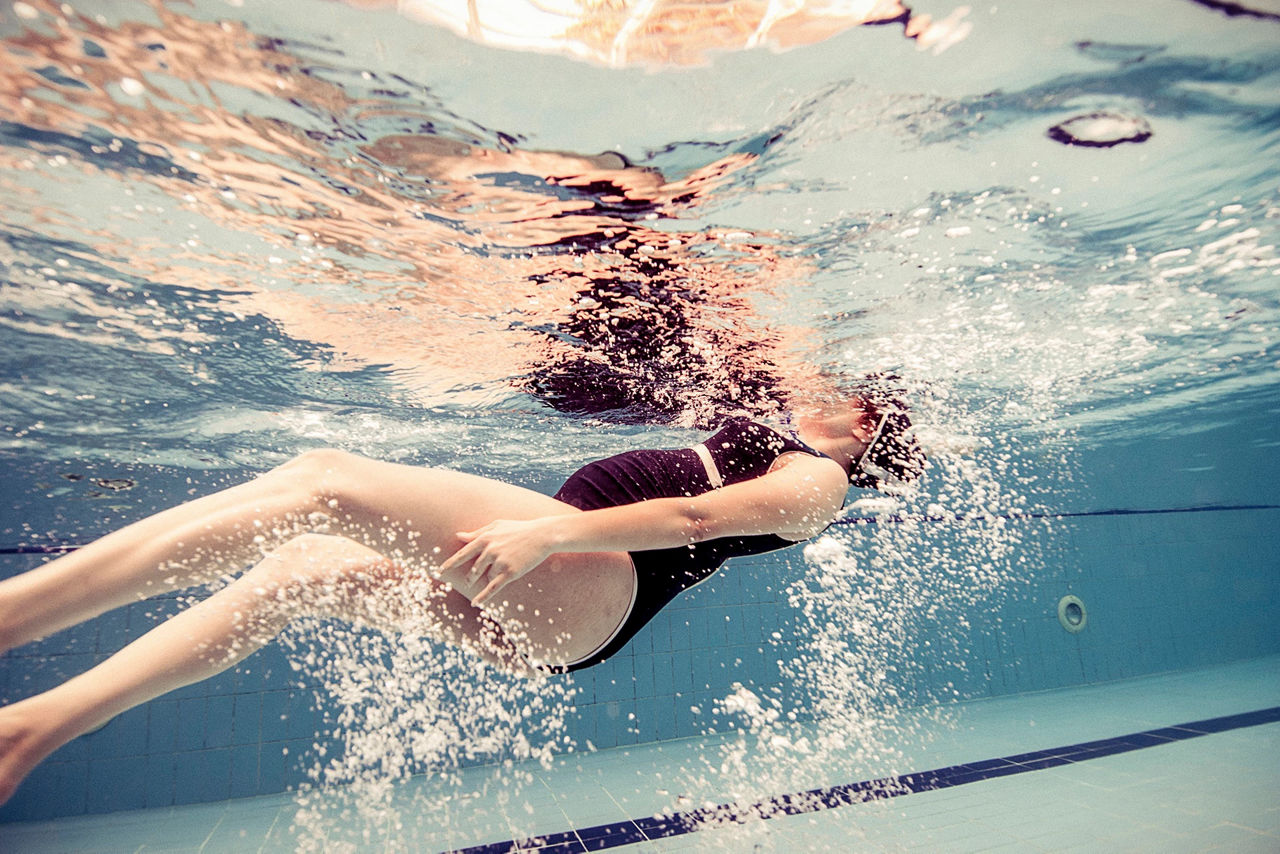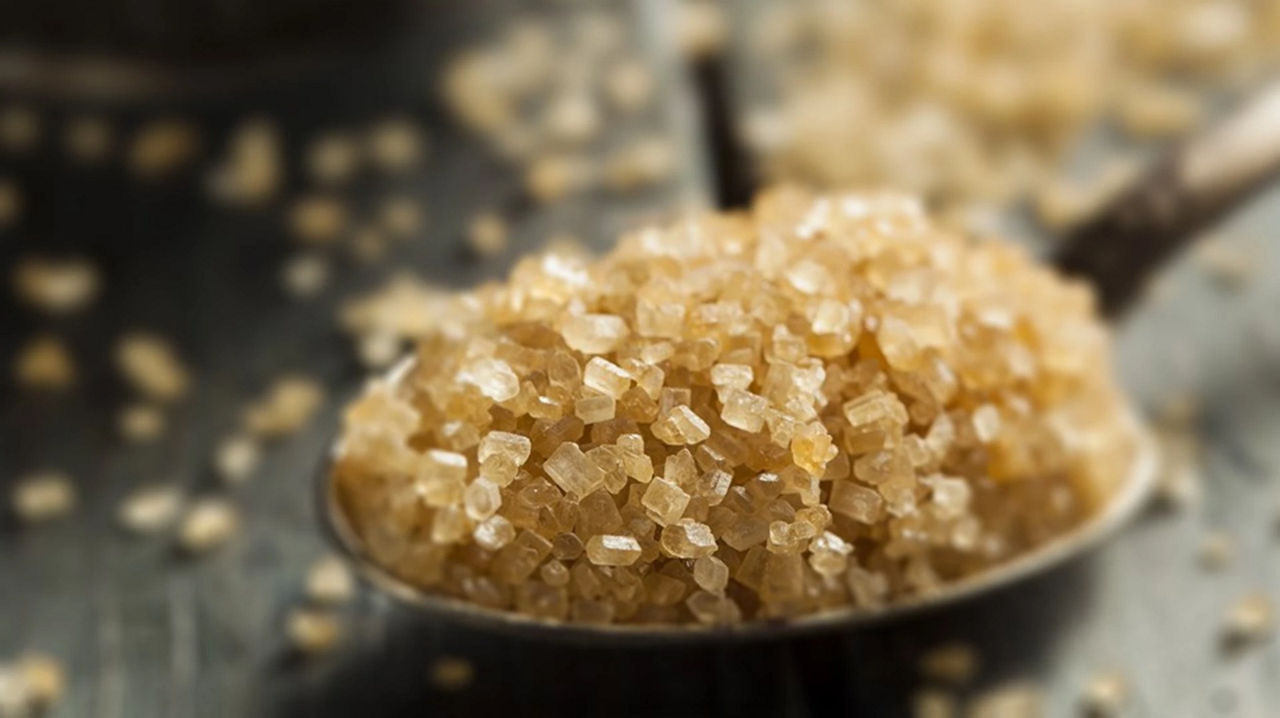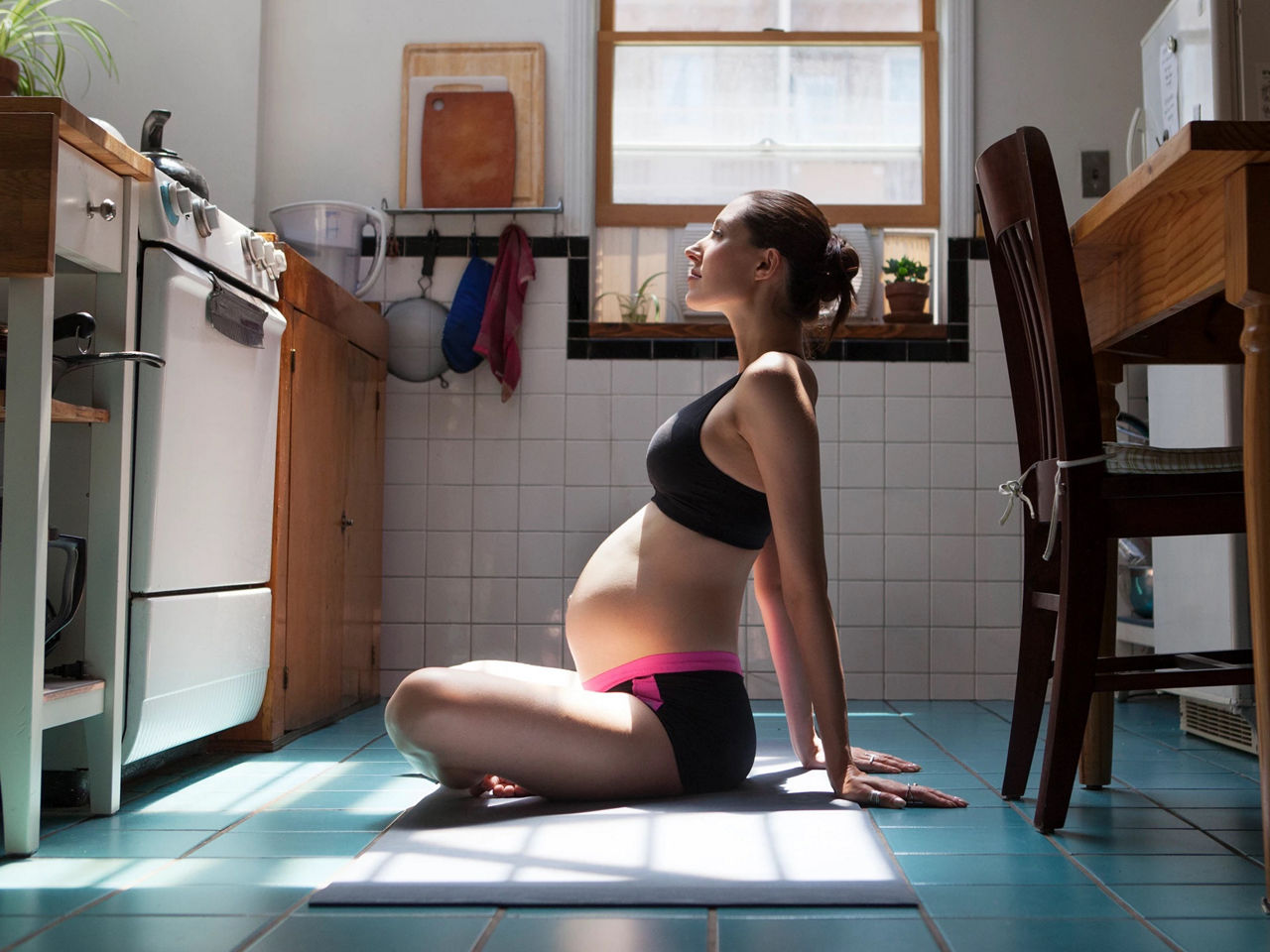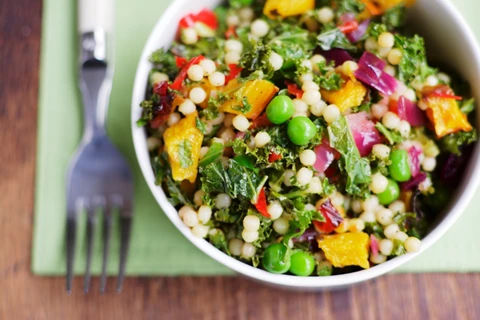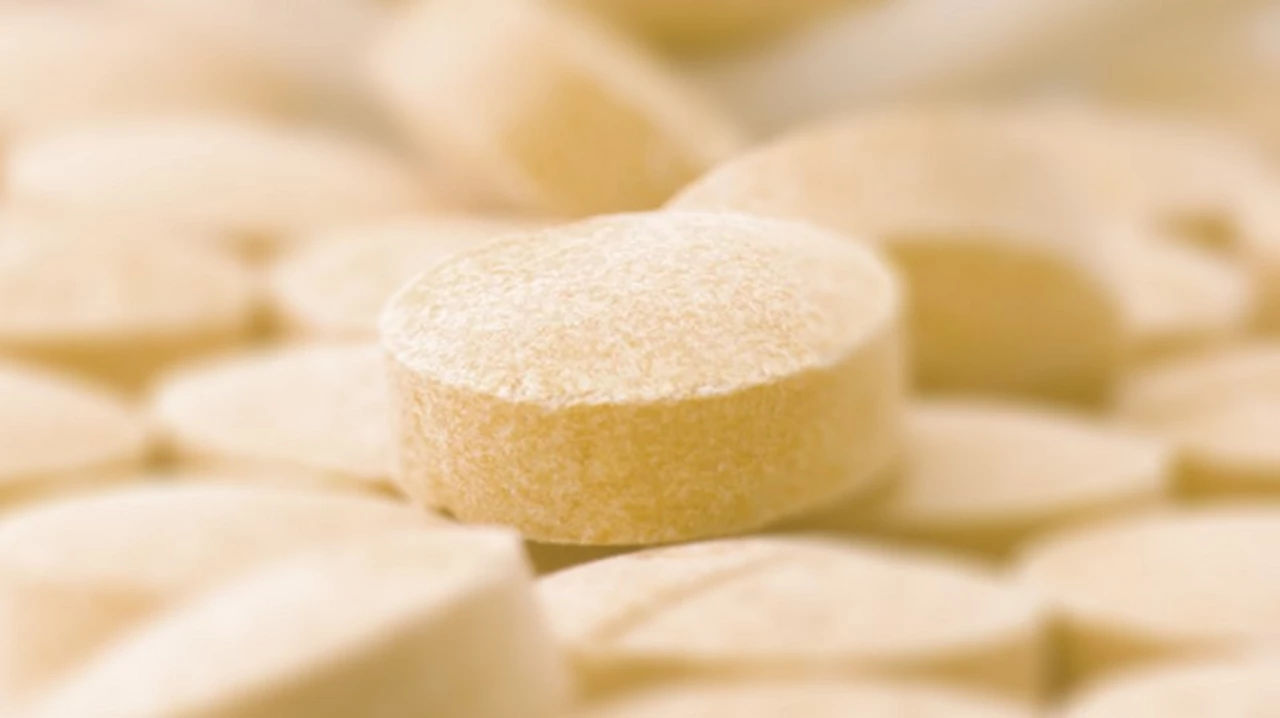At 20 weeks pregnant your baby will be roughly 16cm from head to bottom (the size of a banana), and will weigh around 300g1. Their heartbeat is strong enough to be detected easily.
Your baby is now covered in a layer of white, creamy ‘vernix’, a substance that’s thought to protect their delicate skin2. Later on, the slipperiness of vernix will help your baby make its way down the birth canal.
If you’re having a baby girl, her uterus will be developing1, and her ovaries will already have seven million primitive eggs in them3. When she’s born, she’ll be carrying two million eggs3. If you’re having a baby boy, then this is the week when the testes start lowering from his abdomen3.
The development of your baby’s nerve cells is slowing, but more complex connections are forming - so much so that your baby can enjoy a satisfying stretch4.

